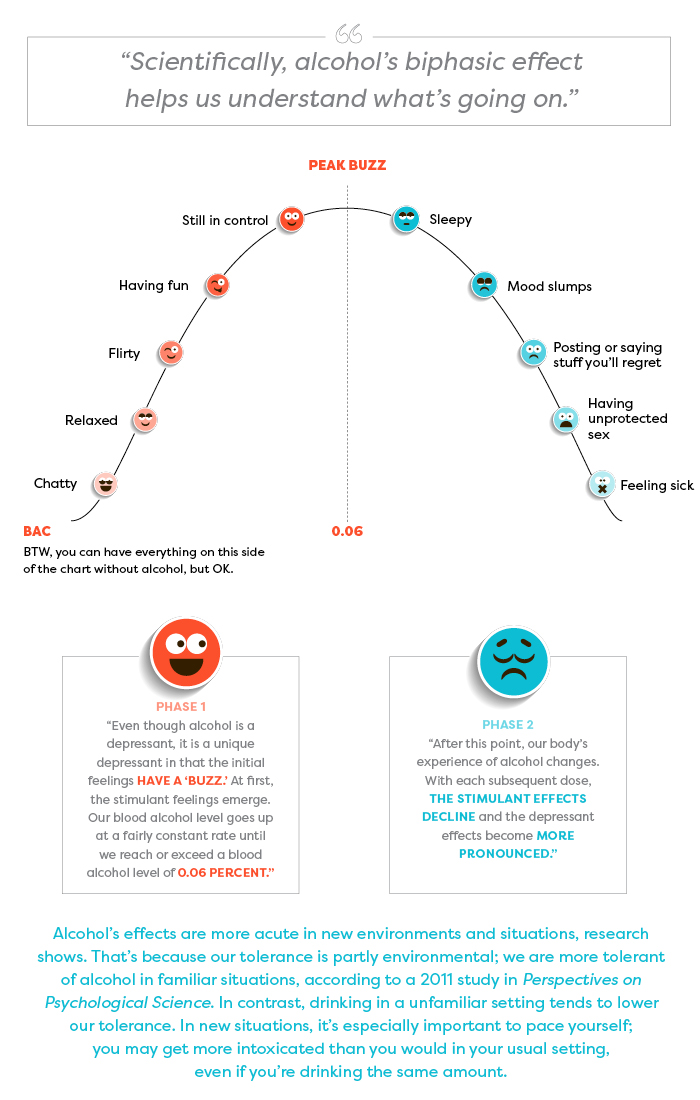Unravel the mystery of your beer tolerance with our in-depth guide – discover how much is too much for you!
Table of Contents
There’s a common query that many individuals have pondered at some point in their lives: How many beers does it take to get drunk? While the answer may vary depending on numerous factors, from individual tolerance levels to alcohol metabolism, diving into the science behind intoxication can shed some light on this intriguing question.
When it comes to alcohol consumption, understanding the body’s process of metabolizing alcohol plays a crucial role in determining how many beers it may take to feel intoxicated. By exploring the intricacies of alcohol metabolism, as well as individual tolerance levels and factors that influence intoxication, we can gain a better understanding of our own limits when it comes to drinking. Let’s delve into the science behind alcohol and intoxication levels to unravel this age-old question.
The Science Behind Alcohol Metabolism
alcohol metabolism is a complex process that occurs in the liver. When you consume a beer, the alcohol is absorbed into the bloodstream, where it is then broken down by enzymes in the liver. This process is influenced by a variety of factors, including sex, weight, genetics, and overall health.
Alcohol metabolism is typically measured by blood alcohol concentration (BAC), which refers to the percentage of alcohol in the bloodstream. As BAC increases, so do the effects of intoxication. Factors such as the rate of alcohol consumption and the type of alcohol consumed can also impact how quickly your BAC rises.
Individual Tolerance Levels
One of the key factors that determines how many beers it takes to get drunk is an individual’s tolerance to alcohol. Tolerance can vary greatly among individuals and is influenced by a variety of factors, including how often you drink, how much you drink, and even your genetic makeup.
Individuals with a higher tolerance to alcohol may require more drinks to feel drunk, while those with a lower tolerance may feel the effects of alcohol after just a few sips. Understanding your own tolerance level can help you make informed decisions about alcohol consumption and know when to stop to avoid over-intoxication.
Influencing Factors on Intoxication Levels
In addition to alcohol metabolism and individual tolerance levels, there are several other factors that can influence how quickly you feel drunk after consuming beer. Environmental factors such as stress, fatigue, and food consumption can all play a role in how alcohol affects your body.

Image courtesy of www.campuswell.com via Google Images
Binge drinking, or consuming a large amount of alcohol in a short period of time, can significantly increase intoxication levels and the risk of alcohol poisoning. It’s important to drink responsibly and pace yourself when consuming alcohol to avoid these potentially dangerous consequences.
Conclusion
Understanding how many beers it takes to get drunk is not a one-size-fits-all answer. By exploring the science behind alcohol metabolism, individual tolerance levels, and influencing factors on intoxication, you can gain a better understanding of your own limits when it comes to drinking. Remember to drink responsibly, know your limits, and make informed decisions about alcohol consumption to stay safe and healthy.
Ultimately, knowing your personal beer tolerance level can help you enjoy alcohol in moderation while avoiding the dangers of over-intoxication. By staying informed and aware of how alcohol affects your body, you can make choices that enhance your overall well-being and enjoyment of drinking responsibly.
FAQs
How can I determine my beer tolerance level?
Answer 1: You can determine your beer tolerance level by paying attention to how alcohol affects you, pacing your drinks, and knowing when to stop to avoid over-intoxication.
Are there any factors that can influence my tolerance to alcohol?
Answer 2: Yes, factors such as genetics, weight, frequency of alcohol consumption, and overall health can all influence your tolerance to alcohol.
What should I do if I feel like I’ve had too much to drink?
Answer 3: If you feel like you’ve had too much to drink, it’s important to stop drinking, stay hydrated, and seek help if necessary to ensure your safety and well-being.
How can I drink responsibly and avoid over-intoxication?
Answer 4: To drink responsibly, pace yourself, know your limits, avoid binge drinking, and make informed decisions about alcohol consumption to stay safe and healthy.
Generated by Texta.ai Blog Automation


Leave a Reply